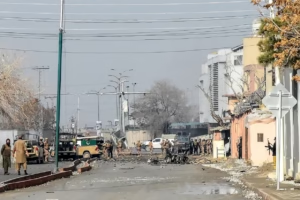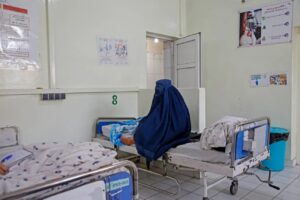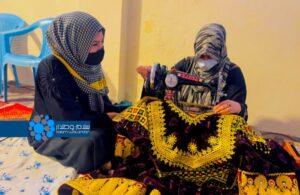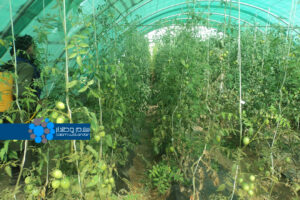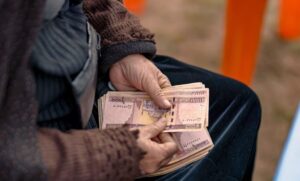KABUL (SW) – Officials in the Afghanistan section of the United Nations World Food Program have told Salam Watandar that they need $111 million in immediate funding to help the needy in Afghanistan in the next six months.
Officials warn that if this money is not available to them, the amount of aid to the needy in Afghanistan will decrease.
Wahidullah Amani, the spokesperson of the United Nations World Food Program in Afghanistan, told Salam Watandar: “In order for us to store food in remote and mountainous areas where the roads are closed with the first snowfall, more than three million people in these areas need food in winter. We must be able to save this and this is very urgently needed.”
Meanwhile, a number of needy families in Kabul city say that their need for humanitarian aid increases with each passing day.
Jamal, a resident of Kabul city, says: “The state of the economy is very bad, we don’t have a job, it is very difficult to meet the family’s needs. We are not able to meet the needs of the family and support them, more help is needed to help the people.”
On the other hand, Roza Otunbayeva, the special representative of the United Nations Secretary General for Afghanistan and the head of the United Nations Assistance Mission in Afghanistan (UNAMA), expressing concern about the increase in poverty in Afghanistan, says that most of the humanitarian aid in this country comes from countries in the West, and these countries emphasize on providing the rights of Afghan women and girls by the caretaker government in order to send these aids.
The Islamic Emirate, however, says that countries donating to Afghanistan should not politicise their aid and use it as a tool to pressure the caretaker government.
Bilal Karimi, one of the deputy spokespersons of the Emirate of Salami, says: “Humanitarian issues must be dealt with unconditionally. These donations should not be politicised, this is an important principle, the Islamic Emirate does not accept donations with conditions. On the other hand, we have special plans and programs to help the needy and solve people’s problems.”
ENDS

